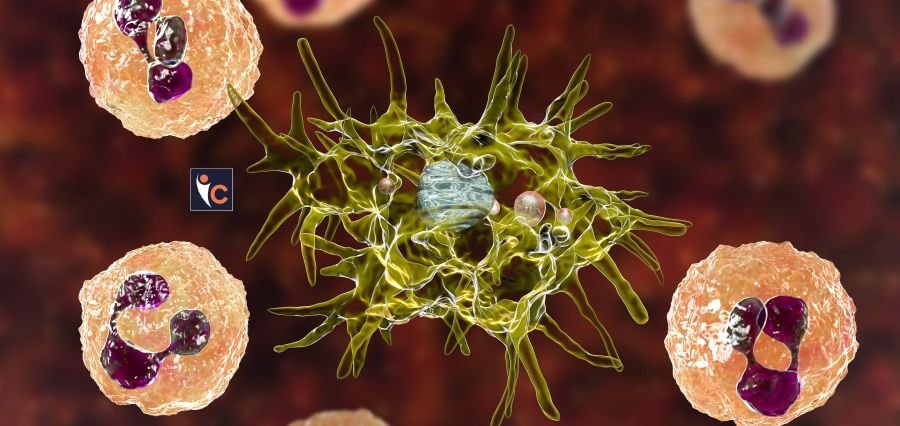Our theme for this year’s World Malaria Day (2024) is “Accelerating the fight against malaria for a more equitable world.” This topic emphasizes the urgent need to address the glaring disparities that still exist in access to services for malaria prevention, detection, and treatment. It is in line with this year’s World Health Day theme, “My Health, My Right.”
The fight against malaria has stalled internationally in recent years, endangering public health and deepening social inequality. Everyone has the right to timely, effective, and reasonably priced treatment for malaria; but, many people still struggle to access these services, which feeds a cycle of injustice that disproportionately impacts the weakest members of society.
Children under five years old are more vulnerable, as their risk is exacerbated by differences in their access to education and financial resources.Additionally, pregnant women are at higher risk since pregnancy lowers immunity to malaria, increasing the likelihood of infection and serious illness. Their susceptibility is further increased by discrimination, gender norms that are detrimental, and gender inequality. Malaria during pregnancy can have fatal outcomes, such as severe anemia, maternal death, stillbirth, early delivery, and low birth weight kids, if prompt and proper management is not provided.
Indigenous people, migrants, refugees, and internally displaced persons are also more vulnerable to malaria because they are frequently left out of disease control initiatives and live in unfavorable environments that favor the spread of the disease. These problems are made worse by climate change and humanitarian crises, which force populations to relocate and increase their susceptibility to the illness.
A third of the world’s malaria cases outside of Africa are in our region, where the disease still poses a serious threat to public health in nine of the eleven countries it affects. It is encouraging to see the progress we have made in recent years, despite the enormous barriers we still confront. The number of malaria cases and deaths has significantly decreased in our region during the past few years, the largest decrease of any WHO region. The teams find inspiration in the advancements made by nations like Bhutan, Nepal, and Timor-Leste under the E-2025 project, which shows that eradicating malaria is feasible with political will and teamwork.
The fact that Timor-Leste has been malaria-free for three years running is an incredible accomplishment that highlights the strength of resiliency and tenacity in the face of difficulty. These accomplishments bear witness to the commitment and ceaseless work of legislators, healthcare professionals, and local communities throughout our Region.
We are still a long way from having eradicated malaria, though. Even while a number of nations are on course to fulfill the Global Technical Strategy (GTS) targets, difficulties still exist, especially in those where case incidence has increased, such as Indonesia and Myanmar. A seven-fold increase in instances has been attributed to political and social instability in Myanmar, underscoring the crucial interplay between health and wider socio-political variables.
Because P. vivax is more common in some nations than others, controlling and treating the disease effectively requires specialized approaches. In addition, the possibility of imported cases in nations like Timor-Leste, Bhutan, and Nepal highlights the significance of cross-border surveillance and regional cooperation in preventing resurgence and achieving long-term malaria elimination.
Read More: Click Here





